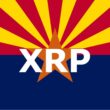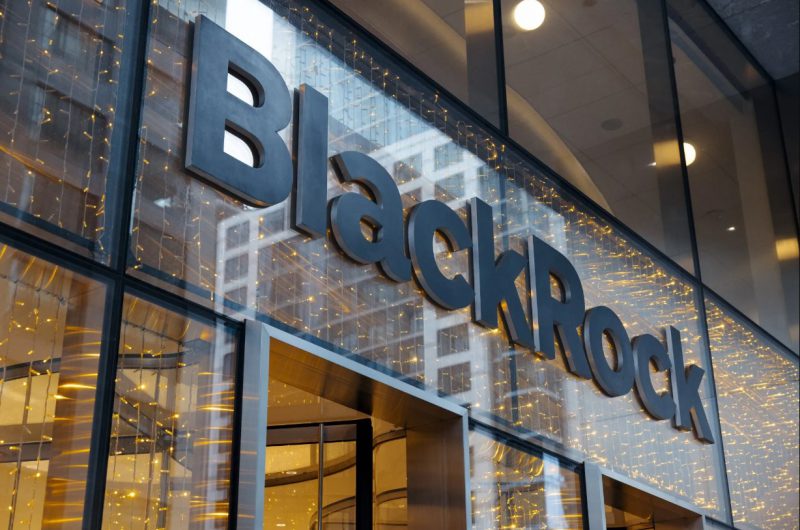Asset tokenization represents a fundamental shift in how financial markets operate, and BlackRock CEO Larry Fink recently declared that the technology is just beginning to transform the global economy. The world’s largest asset manager has actually positioned asset tokenization at the center of its future strategy, with Fink stating that tokenizing everything from real estate to equities and even bonds will be the next major wave of opportunity in finance.
How Asset Tokenization and Tokenized Assets Are Transforming Global Finance


BlackRock’s Vision for Asset Tokenization
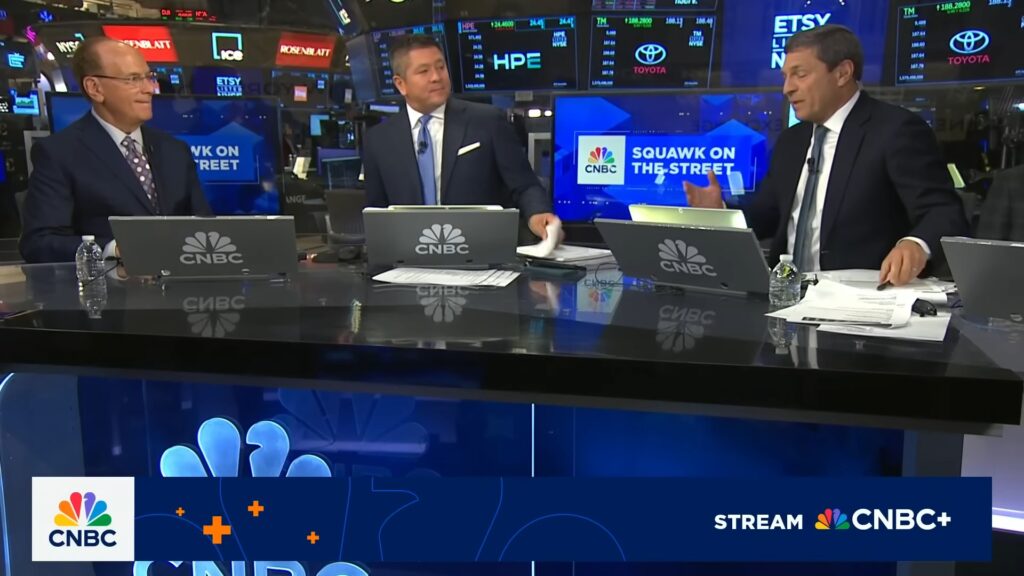

Larry Fink made his position pretty clear during a recent CNBC interview, where he discussed BlackRock’s strong third-quarter results along with its expanding blockchain initiatives. The BlackRock CEO emphasized that asset tokenization would actually bridge traditional finance with digital infrastructure, allowing investors to access conventional products through blockchain in finance platforms.


Fink stated:
“You know, I do believe we’re just at the beginning of the tokenization of all assets, from real estate to equities.”
This endorsement of tokenized assets from the head of a firm managing trillions signals mainstream acceptance of RWA tokenization. At the time of writing, BlackRock already operates BUIDL, which is a tokenized money market fund with $2.8 billion in assets under management across Ethereum, Solana, and even Avalanche networks. This makes it the largest tokenized money market fund currently operating right now.
Also Read: BlackRock’s Bitcoin ETF (IBIT) Rakes In $245M Profit in Just 435 Days
How BlackRock Tokenization Is Already Working
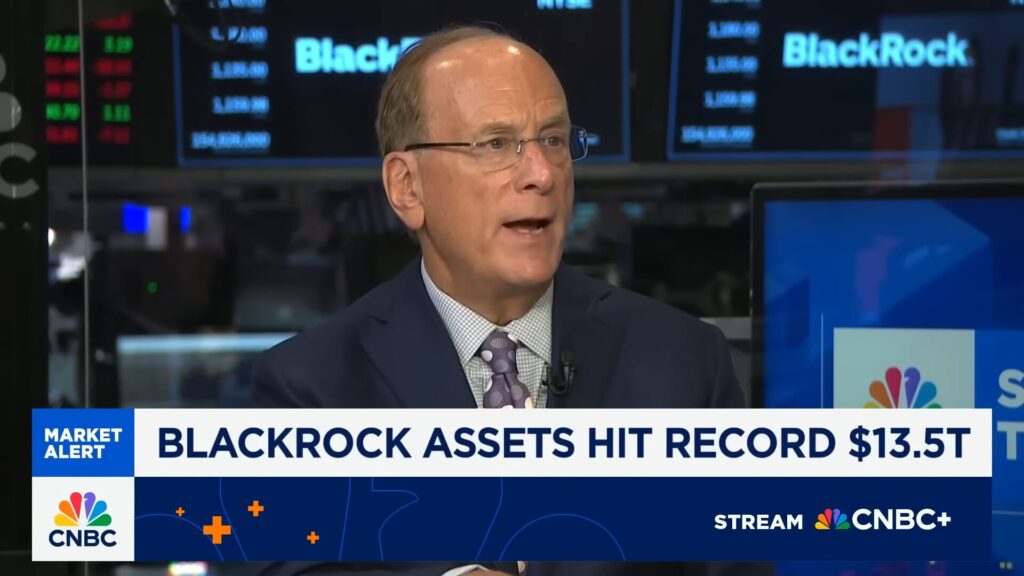

BlackRock’s approach to asset tokenization actually goes beyond just treasury products. The firm manages the largest Bitcoin ETF in existence, with assets surpassing $100 billion, and also runs a $17 billion Ethereum ETF. These products demonstrate how tokenized assets can attract some significant institutional capital when properly structured.
The BUIDL fund, which was launched in partnership with Securitize, shows how RWA tokenization can work in practice. Investors can access money market yields through blockchain in finance infrastructure, and the fund operates across multiple blockchain networks to provide flexibility.
The Future of RWA Tokenization
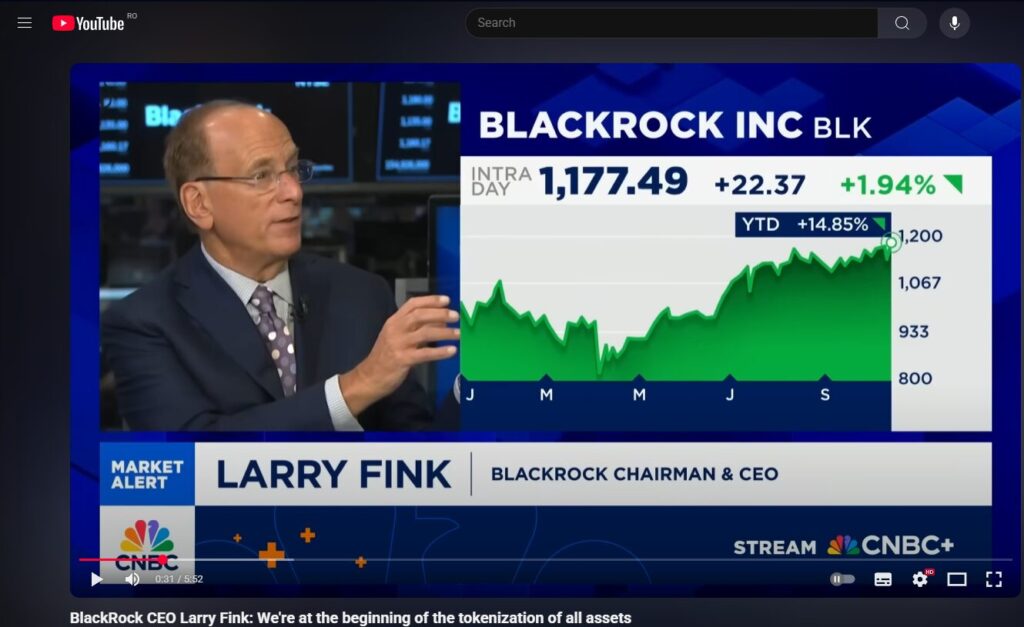

The vision of asset tokenization by Fink is related to all asset classes. He said that tokenization with blockchain would enable investors with digital wallets or even crypto funds to access long term financial products such as ETFs with ease. This is a major twist in the vision of the traditional finance towards tokenized assets.
Fink also stated:
“It’s about being in the market, being focused on this over a long horizon.”
Also Read: BlackRock Seeks Bitcoin Yield With New Premium Income ETF
According to some Bloomberg reports, BlackRock is exploring plans to bring stocks and other real-world assets on-chain, allowing them to actually trade as digital tokens. This expansion of BlackRock tokenization efforts could position the firm at the forefront of Wall Street’s adoption of RWA tokenization. The technology addresses concerns about settlement times and also reduces costs through blockchain in finance applications, which makes it attractive for institutional investors looking to improve efficiency in capital markets.




